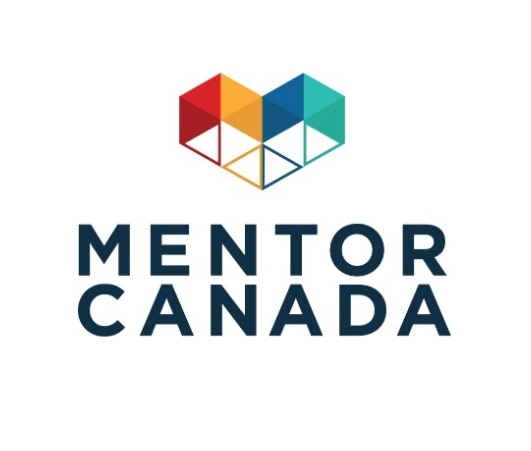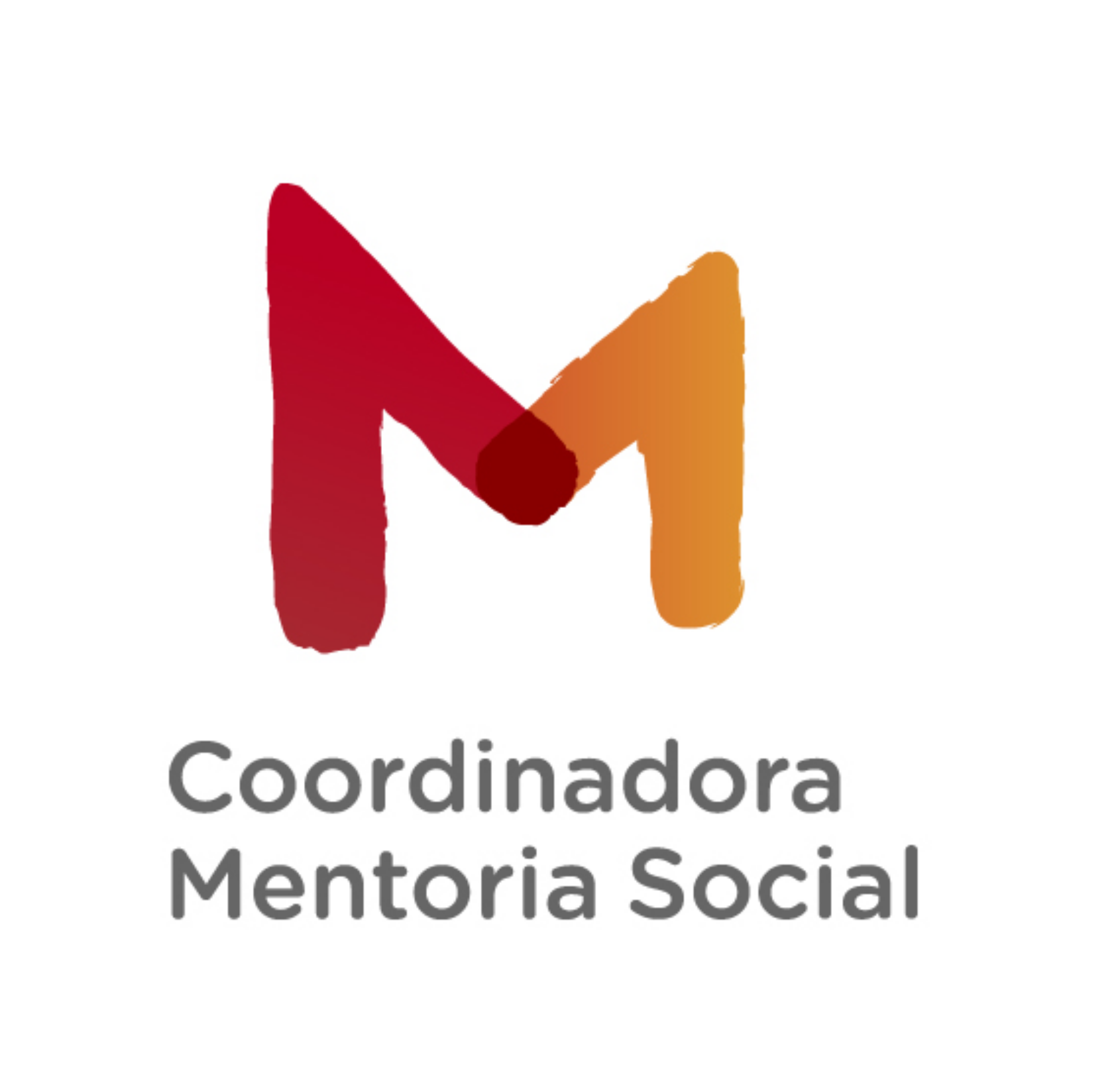Mentoring Networks and Alliances



Canada, France and Spain have mentoring networks where different social organisations and other stakeholders work together to promote mentoring. The stages of development of their networks are different but all of them share the need of being related to others to strengthen the field. They will share key points and tips to build mentoring platforms on a country level.
Mentor Canada – Stacey Dakin and Véronique Church-Duplessis (more)
Collectif Mentorat – Fiona Soler (more)
Coordinadora de Mentoria Social – Laura Terradas
The state of mentoring in Canada – Stacey Dakin and Véronique Church-Duplessis
Starting question or hipothesis:
Is it really possible to get stakeholders on the same page ? How do we make connections between organizations so that they can create synergies and efficiencies? During this workshop participants will explore the concept of Collective impact and have a chance to work through some real life examples in order to open their minds to how they can inspire collaboration. Participants will walk away with an understanding of what is involved when building a mentoring movement and some tools to help them along the way.
Goal of the session:
- Why Canada needed to engage in community assessments and stakeholder engagement and why you should to;
- How the Canadian Mentoring Partnership co-created their research plan with both internal and external stakeholders;
- Preliminary results from the Pan-Canadian research project undertaken in 2019.
Participants will leave with:
- A better understanding of how colloaboratiely to set research objectives, define terms and engage stakeholders in the development of research projects and initiatives;
- Obtain tools and ideas on how they might adapt research initiatives done in other jursidictions to better suit their local reality.
About the session:
This workshop will provide:
- Theorectical concepts during presentations;
- Hands on tactical experiences during ice breaker and group work;
- Take aways presentations will be shared for future reference and some tools will be developed to assist participants both during the workshop and when they return back to their jobs.
The workshop will consist of presentations by facilitator(s), group conversations, report backs and unfold in the following manner:
Presentation: Introduce speaker and the Canadian Mentoring Partnership (10 mins)
Group Ice breaker to set to tone for the session (10 mins) Participants will be asked to identify their goals for the session, why did they choose this workshop over another?
Presentation: Background and overview of Canada’s two major mentoring research projects initiated in 2019, this will highlight the questions the CMP had and how they went about making decisions (20 mins)
- Setting research objectives and goals
- Identifying the “right” Stakeholders
- Sorting through “Must haves” for capturing the landscape and mapping the gap
- Determining the primary audience for findings/information generated by this work
- Terminology- E.g. how do we define “mentoring”
Group work and report back (25 mins)
Participants will be asked to form groups and answer the following questions (these may be refined as the workshop is fully fleshed out);
- How do they define mentoring?
- How do you identify mentoring service providers?
- What age range defines youth?
- What stakeholders would you engage and why?
- How do you engage youth in this type of research project?
Presentation: What decisions did the Canadian Mentoring Partnership make and how they we went about engaging stakeholders and research participants. Overview of preliminary findings (10 mins)
Discussion: How do we take this data and make changes in our local communities? What have you done? What would you have liked done in your own communities? (10 mins)
The value of educational alliances: mentoring as a collective synergy to fight against social exclusion nationwide, the French example – Fiona Soler
Hypothesis:
Given the social and educational impact of mentoring, Every youth at risk should have the right to have a mentor and everyone should have the chance to become a mentor. Being Mentored should be a right defended by our local organizations and raised to the highest level of the European institutions.
To raise awareness on mentoring and offer mentoring as a tool to fight against social exclusion all over Europe, we not only need to advocate for mentoring, we also need to develop tools that will help us keep up with this ambition, and offer the chance to all of the European students to become mentors.
After the implementation of the European Credit Transfer System and the reform to standardize university diplomas in Europe, we think that if we build sustainable collaborations with universities all over Europe we could offer the chance to a big number of student to become mentors and to be rewarded for that in their curriculum.
A public policy that encourages universities to recognize the participation of their students into mentoring programs will contribute to the successful development of mentoring programs and to a better recognition of the skills developed through engagement Especially if the mentoring programs are equipped with efficient monitoring tools.
Method:
In this workshop we will explore the different levels of mentoring recognition programs for students in European universities. We will focus on the specific case of France, where a law passed in 2017 requires universities to take action to recognize student engagement in their curriculums. We will present an innovative tool (digital platform) likely to enable:
– Students to train online for their mentoring experience, monitor their own mentoring sessions and assess the skills they have acquired
– Universities to monitor students’ progress in these 3 areas
Goal of the session:
During the session we will try to answer the following questions:
– How to build sustainable relations with universities and engage them in the development of mentoring?
– How to build collaboration between mentoring organizations in Europe?
– How can we raise awareness on mentoring in Europe through efficient tools?
– What skills are acquired after a mentoring experience? Why these sofskills are more and more attractive for recruiters?
Coordinadora de Mentoria Social, the Spanish Mentoring Network – Laura Terradas
Our mission is to use mentoring as a tool to promote inclusion, social cohesion and equal opportunities for the most vulnerable groups. We efficiently work as a net to have a greater incidence on the public sphere and to generate rigorous pedagogical knowledge. Our final goal is to expand the use of quality mentoring within the field of social action.
What do we do?
Know-how development: We want to value the mentoring knowledge of experienced organizations and develop new know-how from research and practice.
Quality control: We ensure the quality of our organizations’ projects with the MC Quality Seal and support the implementation of new projects according to quality standards based on international scientific research.
Public incidence: We generate discourse around policies that have effects on social mentoring and work to place both the projects and the thematic on the public agenda.
Networking: We generate spaces for exchange and teamwork between organizations to strengthen and increase the incidence of social mentoring programs. We also organize training of interest for people responsible for the projects.
Promotion: We want mentoring to be at the service of groups with fewer opportunities, so we work to ensure that any interested organizations can make use of mentoring as a tool for social intervention.
